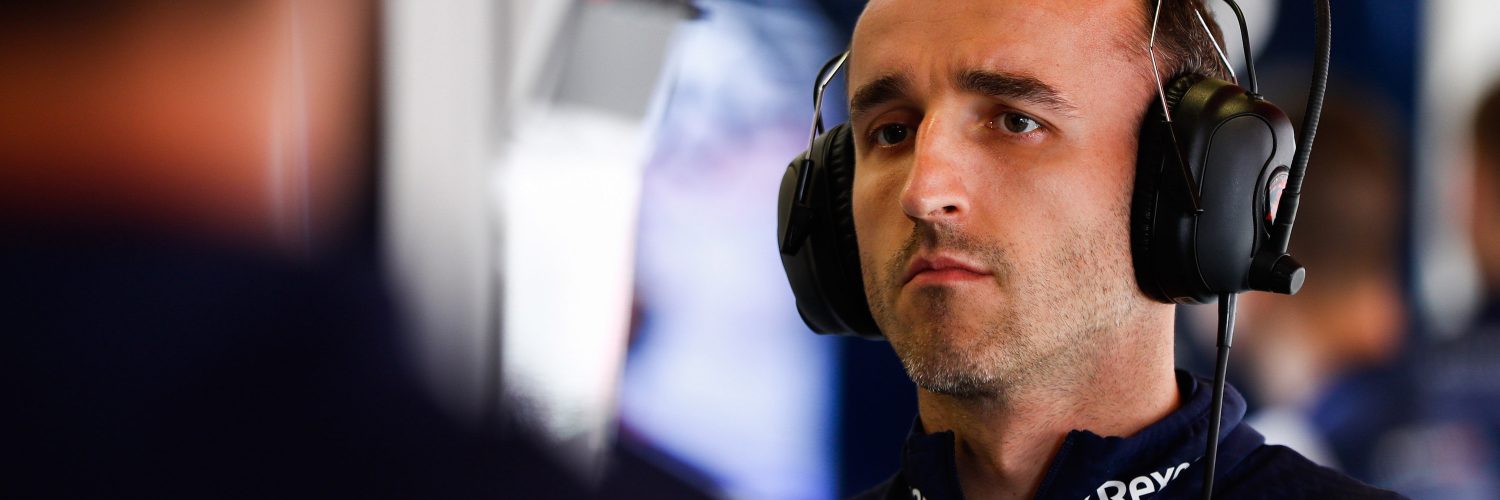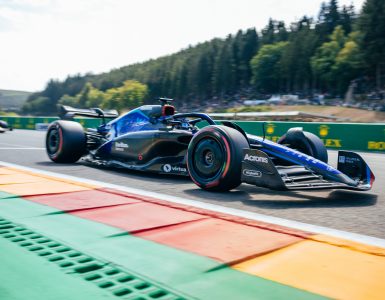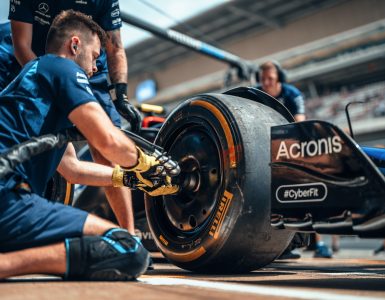Only the most mentally strong competitors are able to survive in the ultra-competitive and cutthroat world of Formula One. For some, the journey is strewn with more obstacles than others.
One man, in particular, emphasizes Acronis’ core company value of ‘never give up’ in his fight to once again make it at the pinnacle of motorsport.
We caught up with the remarkable Robert Kubica to talk about his journey in motorsport.
A: Your racing career is a great example of what you can achieve by keeping on going. How do you do it?
RK: Basically, at the core of everything is passion. I’ve had a huge passion for motorsport since I was a kid. I started with karting, then I moved to single-seaters, and finally I achieved my dream goal of making it to Formula One. It’s the highest category of motorsport in the world. Unfortunately, I then suffered an accident during a Rally event in 2011 and all of what I was dreaming of and working for suddenly disappeared in one way or another. I found myself with quite a bad injury to recuperate from.
But I think the reason you continue, despite the horrendous time, what drives you to try and come back, try to recover and drive again, is passion for what you do.
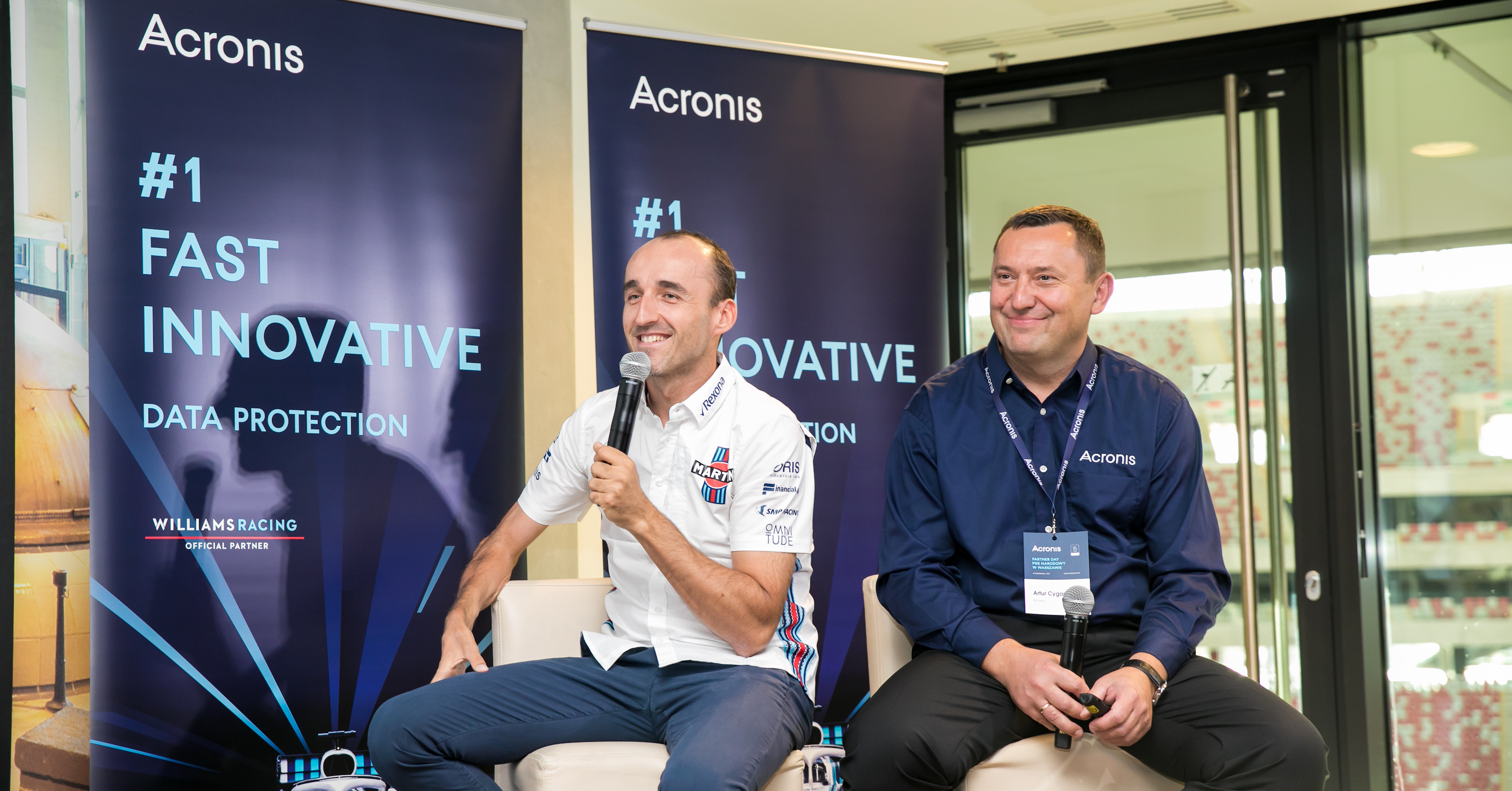
During that time, one of the things that I really missed is the actual feeling of driving a race car. Of course, Formula One is the highest category of motorsport and has the best cars you can drive on this planet. But as a driver, you enjoy the feeling and confidence of knowing that no matter what car you drive, you can bring it to the limit. It’s about the rush of exploring the maximum of what the current package can deliver — the tyres, engine, and overall performance.
As my story goes, there was a point in my life when I had very little to do with racing. Following the accident, I had to focus on recovery as best as I could. At that point, it was a personal challenge. A lot of things went through my mind at that stage. I forced myself to stay focused.
During situations like that, your brain tends to calibrate very quickly. There was no time for regrets. I was focussing on setting realistic challenges: first of all, to recover as best as I could and then gradually come back to where I am now.
A: Often, following a DNF, you hear drivers saying, “next week is another race…”
RK: Yes, exactly. For us, this sport is our life, and life is not only about winning or enjoying a nice situation. We all make mistakes and deal with bad luck from time to time. But the confidence in yourself as an athlete is important. We, the drivers, think about the next race because we know that we have the capacity to achieve new goals and move on from old mistakes.
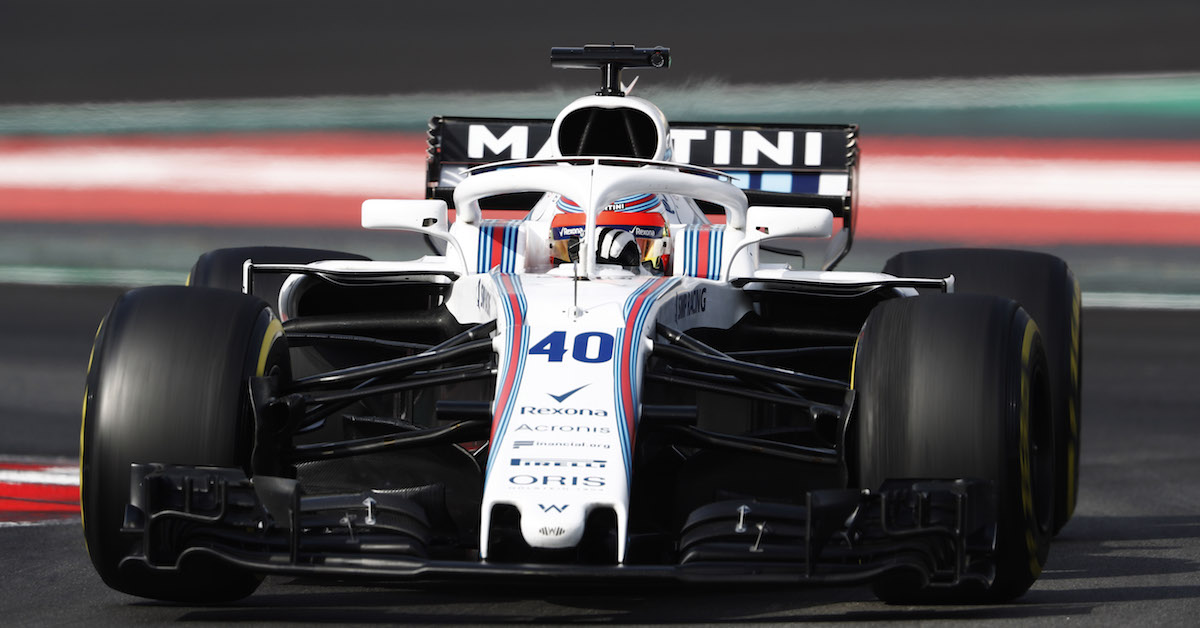
Formula One is a high-profile sport. Often people think it’s an individual sport, but it’s a team sport. All the team members play an important role and try to deliver the best for the drivers.
A: What has been your experience with Williams Martini Racing as their test and development driver this season?
RK: I’ve learned a lot of things over the years. This year with Williams, my biggest satisfaction is that I am here. I also know and I’m confident that I can drive really well. To be here from where I was before, it’s already a great success.
Some people were hoping that I’d get a drive this year, which is normal. But at the end of the day, my role with the team is different, and I’m very grateful to Williams. I did have a drive during free practice this year and I definitely used that opportunity to grow. I had experience in Formula One when I raced before, but it was a bit different back then. A different car, tyres, different everything. So, yes, to continue gaining more experience is important. This year at Williams I have an opportunity to learn, pick up important things, and get ready for the next year. Who knows what will happen!
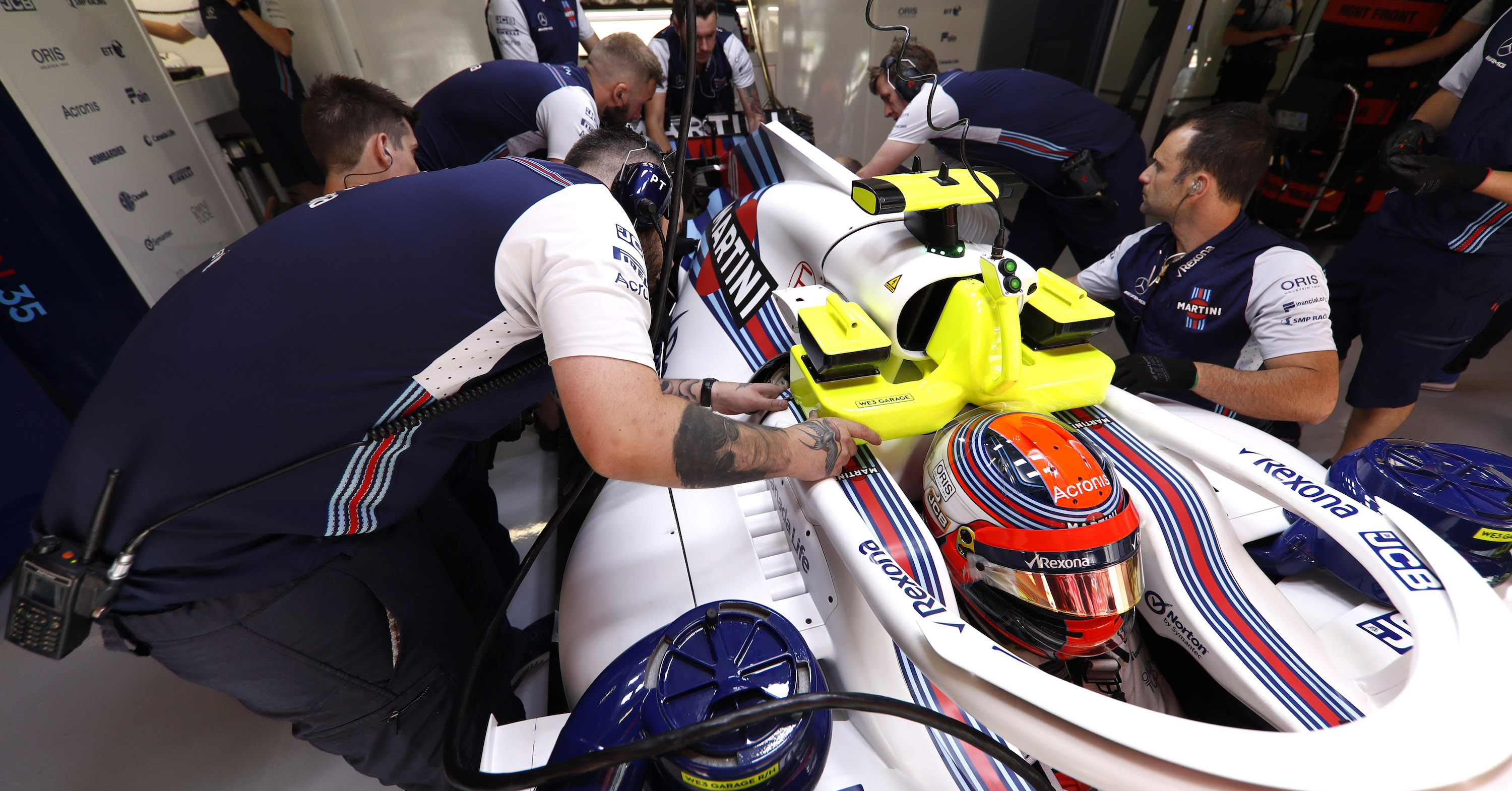
© Glenn Dunbar/Williams F1.
A: Will you get a seat next year?
RK: I don’t know. For me, of course, the target is to get a drive next year. But will it actually happen? I don’t know yet.
A: And the last question – what are your thoughts about the Formula One regulation changes for 2019?
RK: Formula One continues to develop and change. Next year, the main visible change will be in the front wing. It’s one of the most important elements of the car as it affects the airflow and overall aerodynamics. It will change the cars quite a lot and affect how the cars behave on the track.
The main goal is to allow cars to stay closer to each other on the track and to open up opportunities for overtaking. I don’t know how big of an effect it will actually have, because it’s a significant aerodynamics change.
For teams like Williams, it is an opportunity to learn from the difficult situation we have had this year, regroup, reset, and avoid repeating the same mistakes. It’s also a good time to generate fresh ideas and to use the change in the regulation to improve performance.
Top image: Robert Kubica, Williams Martini Racing. ©Glenn Dunbar/Williams F1.

